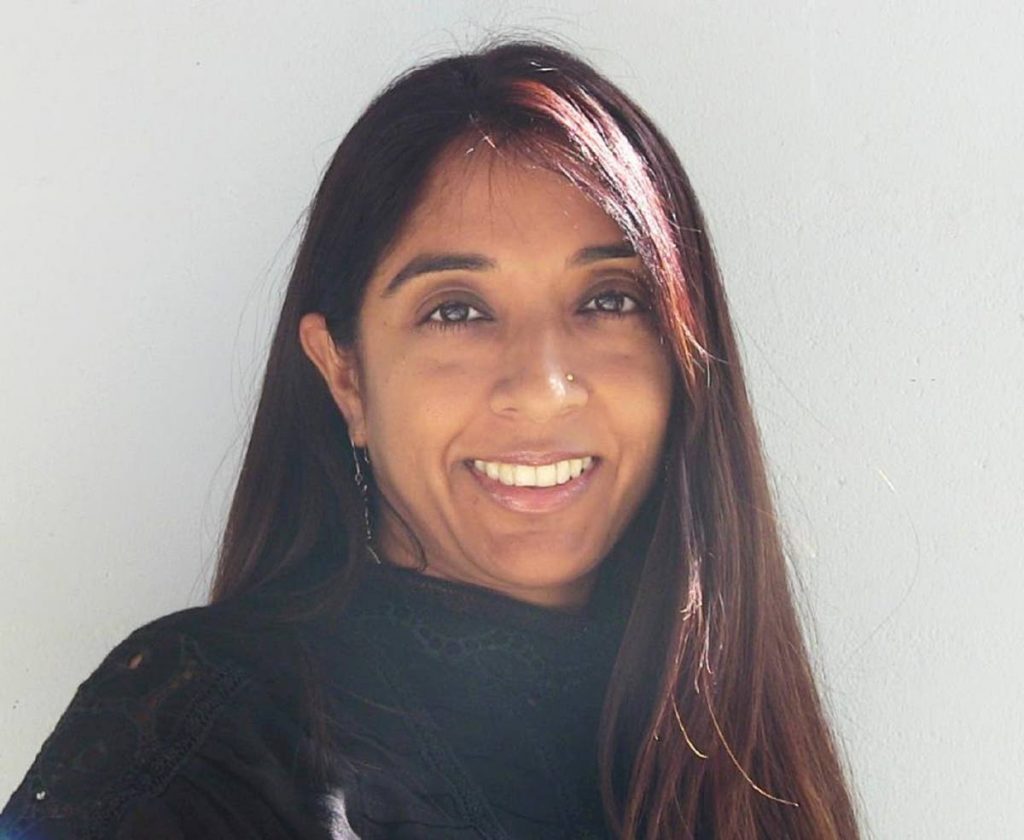Emotional pitfalls of isolation

Name any number of stresses and you would find most of us are now dodging several of them daily. What are the implications of such higher stress when we are locked inside together? On the other hand, what are the implications for so many people who are living alone, and now without options for human contact?
Having rightly closed down bars and other public recreation spaces, mostly frequented by men, how will they cope? Men dominate public spaces, whether playfields, streets or rum shops, which are also spaces for establishing masculine identity and camraderie, and setting boundaries on the spheres of men’s lives within women’s control.
What happens to men, women and families when such spatial distinctions collapse and men are locked indoors? What new conflicts over time, power and decision-making are emerging, which we should publicly talk about and protect ourselves from inside our homes?
In a region where men, particularly older men, may also be among the higher numbers of those living alone, do we understand the realities of our different needs, coping strategies and levels of risk?
Behind our closed doors has become more complex than ever in a world where home may already have been lonely or unsafe, or a rest stop between places where one would rather be. Some may have already begun to lose income and are tense, with nowhere to turn.
Some are beginning to feel trapped or out of control. In response, they may turn to threatening and controlling behaviours as part of expressing frustration. Cases of abuse and the severity of violence in families might increase while options for running to family or friends are closed. For those victims, physical distancing can occur even while those around them help prevent the greater dangers of social isolation.
As with any crisis, women remain particularly vulnerable, whether because they dominate the service and retail industry as workers, and are at risk of losing those jobs, or because they predominate as nurses, and are taking risks that leave them distanced from their families, or because there is deepening isolation for those already being separated from friends and family by abusive partners, or who have been isolating themselves because of shame.
Girls’ risk of sexual abuse is especially high now that uncles, step-fathers, cousins and other men are more present and difficult to escape. The vulnerability we are all feeling right now can make victims feel even less able to report or leave, particularly if they are also women and girls with mental or physical disabilities. Many women in the Caribbean are also primary breadwinners and single parents, and the impossibility of balancing parenting and their profession will fall on them unequally.
Ziya’s school has shown a model response this past week – 'live' online sessions every day, three a day over the next two weeks on both mornings and afternoons, and assignments every day, but there’s no chance that, as a working mother and primary breadwinner, I could match their expectations and also accomplish my job.
It’s felt like going insane. The assignments come through a non-child friendly system where they must be downloaded, completed as word files or printed as PDFs, and then photos taken and uploaded. All week, I’ve wondered why primary schools don’t adopt a more empathic approach to learning, think about the child friendliness of the software, consider the realities of the learning environment children are in, send a package of material that could simply be done in the afternoons when office work is completed and two hours can be found to do assignments, and encourage home schooling approaches that don’t require a stay-at-home parent attentive to curriculum throughout the day.
While my mother is concerned about surviving, my friends reach out across their feelings of disconnection and my family panics about declining income, I worry about the implications of opting out of Zi’s school’s zealous teaching strategy or the implications of barely doing my job, when the days seem to demand one or the other.
Many people are protecting their health, but are deeply affected by the psychological and familial challenges of this time. Addressing them is as important as the health and financial responses.
Schools should remain closed after April 20th or we risk an infection spike that could particularly put the elderly at risk, for many of us can only work because grandparents provide after-school care. In the meantime, we need to rethink our assumptions about parents and homes, and our educational philosophy. We need to emerge, not only alive, but intact emotionally.


Comments
"Emotional pitfalls of isolation"